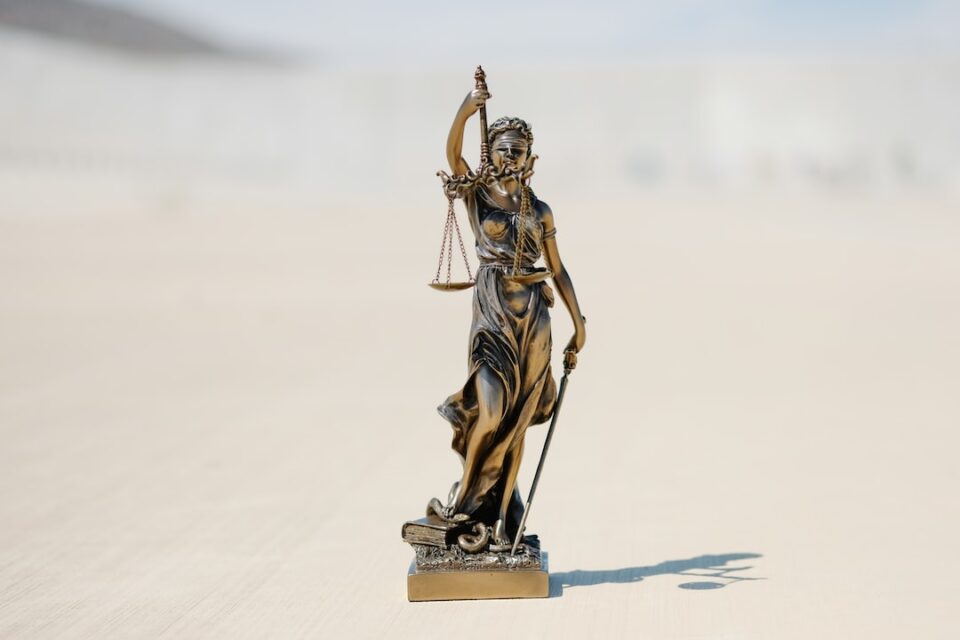The Legal Implications of Social Media Use: Privacy and Cybersecurity
In today’s digital age, social media platforms have become an integral part of our lives. We use them to connect with friends, share personal experiences, and even promote businesses. However, with the increasing use of social media, there has been a growing concern regarding privacy and cybersecurity. The legal implications of social media use are becoming a pressing issue, and understanding them is crucial for both individuals and businesses.
Privacy is an essential aspect of social media use. When we create an account on a social media platform, we often provide personal information such as our name, email address, and location. This information can be used by the platform to target advertisements and personalize our experience. However, the collection and use of personal information raise significant privacy concerns.
One of the main privacy concerns on social media platforms is the potential for data breaches. In recent years, we have seen several high-profile data breaches on social media platforms, resulting in the exposure of millions of users’ personal information. This puts users at risk of identity theft, fraud, and other cybercrimes. To address this issue, governments around the world have enacted laws and regulations to protect users’ privacy. For example, the General Data Protection Regulation (GDPR) in the European Union requires social media platforms to obtain informed consent from users before collecting and using their personal data.
Apart from data breaches, the privacy implications of social media use also extend to the sharing of personal information with third-party apps and advertisers. Many social media platforms allow third-party apps to access users’ data, often without their explicit consent. This has raised concerns about the unauthorized collection and use of personal data. To protect users’ privacy in this regard, platforms like Facebook have introduced stricter controls and transparency measures.
Another significant legal implication of social media use is cybersecurity. Cybersecurity refers to the measures taken to protect computer systems and networks from unauthorized access, damage, or disruption. Social media platforms can be a breeding ground for cybercriminals, as they provide a wealth of personal information and a large user base to target. From phishing attacks to malware distribution, hackers can exploit social media platforms in numerous ways.
To combat cybersecurity threats, social media users need to be vigilant and take necessary precautions. This includes using strong and unique passwords, enabling two-factor authentication, and being cautious about sharing personal information publicly. Additionally, social media platforms themselves play a crucial role in ensuring cybersecurity. They are responsible for developing robust security measures and promptly addressing any security vulnerabilities that arise.
In response to the increasing concern over privacy and cybersecurity, lawmakers are enacting legislation to regulate social media platforms. For example, the California Consumer Privacy Act (CCPA) gives consumers more control over the personal information that companies collect and use. This includes the right to know what personal information is being collected, the right to request deletion of personal data, and the right to opt-out of the sale of personal information.
The legal implications of social media use go beyond individual users. Businesses that utilize social media for advertising and marketing purposes must also be aware of the legal obligations they have. They need to comply with laws and regulations, such as the Federal Trade Commission Act, which requires businesses to disclose any material connections they have with endorsers or influencers.
In conclusion, the rapid advancement of social media has brought about significant legal implications concerning privacy and cybersecurity. Users and businesses alike need to understand their rights and obligations to navigate this digital landscape safely. By being aware of the privacy risks and taking appropriate cybersecurity measures, we can enjoy the benefits of social media while safeguarding our personal information.

